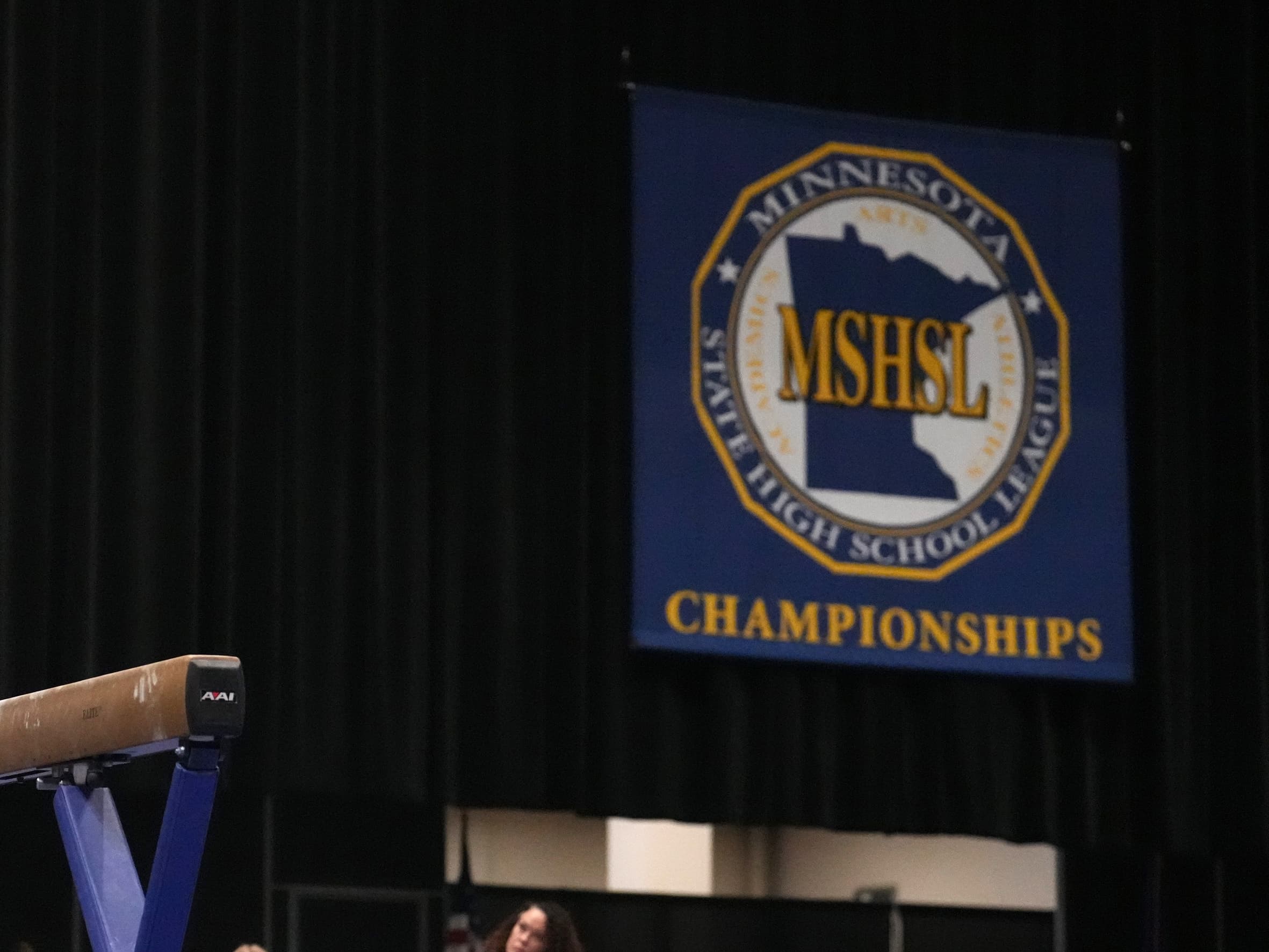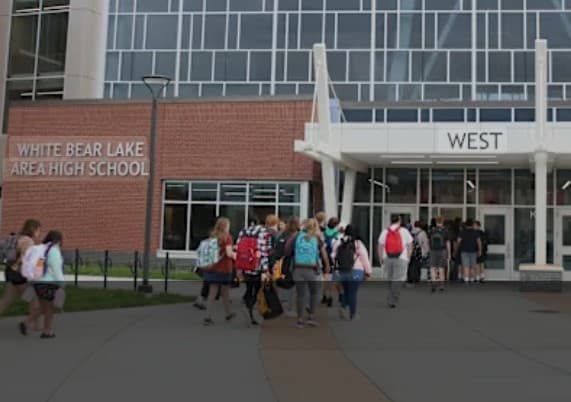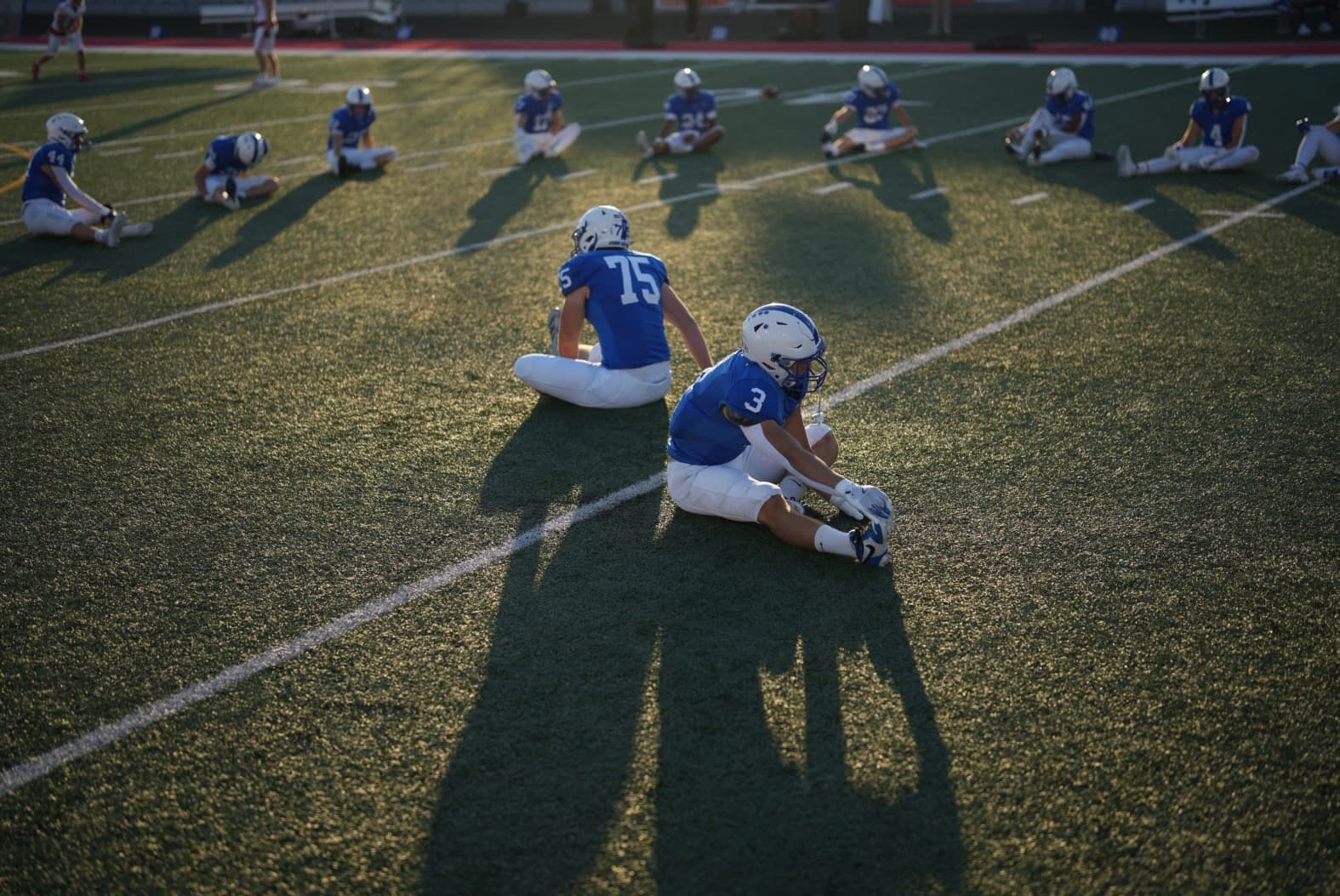Trump administration could strike Minnesota in several ways over transgender athlete policy
With “imminent enforcement action” at stake, Minnesota leaders face a 10-day deadline without knowing the consequences of refusing to ban transgender high school athletes.

By Cassidy Hettesheimer, Jim Paulsen and Mara Klecker
The Minnesota Star Tribune
Minnesota education leaders face a fight to protect millions in federal funding in a standoff with the Trump administration over the state’s policy allowing transgender athletes to play girls sports.
The administration attempted to pressure Maine to change its policy by pulling funding for schools, and it made similar threats in Massachusetts and California. What consequences could await Minnesota are unknown this week, just days after the state’s Department of Education and Minnesota State High School League were put on a 10-day deadline to change its policy or “risk imminent enforcement action.”
What is known: The decade-old MSHSL bylaw allowing athletes assigned male at birth to compete in girls sports has created tension among the 500-plus member schools while potentially putting federal funding in jeopardy over what the U.S. Department of Education is calling a violation of Title IX, the federal law prohibiting sex-based discrimination.
Minnesota receives about 10%, or $1.4 billion, of its annual school funding from the federal government. It’s likely too soon to guess at any potential consequences of noncompliance, said Scott Croonquist, executive director of the Association of Metropolitan School Districts, an organization of more than 50 school districts in the Twin Cities. But school leaders have been “living in this world of uncertainty for months now” because of threats to withhold federal funding from schools over gender and DEI policies, Croonquist said.
“The uncertainty has really ramped up in the last several months,” Croonquist said. At this point, he added, school leaders are just “waiting to see how it sorts out and hoping for the best.”
The topic received short mention during Thursday’s regularly scheduled MSHSL board meeting, and Executive Director Erich Martens said his team is “in receipt of their information, and right now, our legal counsel is reviewing all aspects of it.” He had no further comment afterward.
State officials have said the new federal policy is in direct violation of the equal protection clause of the Minnesota Constitution, as well as a violation of Minnesota’s Human Rights Act.
Around Minnesota, school board members have raised concerns and questions about their district’s contracts with the MSHSL amid ongoing federal scrutiny of the league’s bylaw.
Over 240,000 students participate in the league’s more than 50 activities. In addition to operating state tournaments, the MSHSL provides vetted referees and judges for competitions as well as medical insurance for student participants. It also ensures that schools play by the same set of rules, requirements and bylaws.
Breaking contracts with the league would come at a cost to Minnesota’s schools.
Prior Lake Activities Director Jeff Marshall previously said the implications of leaving the MSHSL “would be devastating for this school district and many families.” Elk River Superintendent Andy Almos said “the high school experience would be greatly diminished without the league.”
Related Coverage
“We have to follow the guidance of the MSHSL and the laws of the state of Minnesota,” said Elk River athletic director Mike Cunningham. “We have no choice in the matter.”
Any fracturing of membership would also impact how the MSHSL operates. The league is a membership-fee based association and is not supported directly by federal grants, instead bringing in revenue by charging its member schools and their students annual activity fees — membership fee of $100, a registration fee of $160 for athletics and activities, and a per-student cost of $2.25 — but also running state championship tournaments and signing broadcast and partnership deals.
Maine first; Minnesota next?
Even if a state’s high school athletic association does not depend on federal funding directly, one recent example shows the federal government will instead target a state’s non-athletics programs. This approach puts pressure on the athletic association via the pockets of its bedrock: member schools.
In April, Maine, which allows transgender athletes to compete in girls sports, was targeted with federal funding cuts to its school nutrition programs.
“Your defiance of federal law has cost your state,” a letter from Brooke Rollins, secretary of the U.S. Department of Agriculture, to Gov. Janet Mills read. Citing Title IX violations, the U.S. Department of Agriculture announced it would “pause and, where appropriate, terminate categories of education programming in Maine.”
The cuts were aimed at grants to Maine’s Department of Education and the state’s schools, rather than the state’s athletic governing body.
According to the Maine Policy Institute, more than $3 million in school nutrition funding to the state was blocked. Mills and Maine Attorney General Aaron Frey sued the USDA, arguing the freeze was put in place without due legal process and “jeopardized essential meal programs for students.”
A federal judge granted a temporary injunction to unfreeze the funds. The USDA and Maine eventually settled out of court, with no policy changes in place.
However, the settlement does not prevent the federal government from suing the state of Maine or challenging the state government through other legal action in the future.
Joe Christensen of the Minnesota Star Tribune contributed to this story.


